IMPLEMENTATION STRATEGY AND STAKEHOLDERS WORKSHOP FOR ACCELERATE (mAnaging siCkle CELl disEase through incReased AdopTion of hydroxyurEa)
Venue: ASUU Facility, University of Abuja Main Campus
Date: 11th to 12th March 2025
Time: 09:00am – 05:00pm
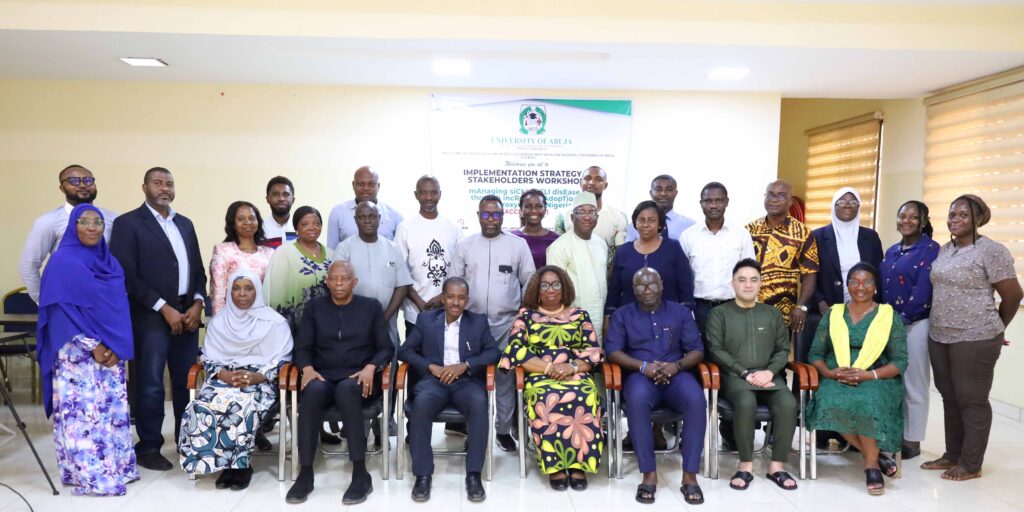
Program Brief
Identifying evidence-based interventions (EBIs) and implementing effective management strategies for Sickle Cell Disease (SCD) in low- and middle-income countries (LMlCs) is essential to decreasing mortality from the disease in many countries. In this vein, we evaluated the prescribing frequency of HU among healthcare providers and found that inadequate knowledge and unawareness of treatment guidelines were major barriers to prescribing hydroxyurea (HU) to SCD patients in Nigeria. Two NIH grants resulted from this research. The first active grant, SPARC-NEt funded by National Heart, Lung, and Blood Institute (NHLBI) of the National Institutes of Health (NIH) was foundational to the establishment of 25 clinical sites that continue to recruit SCD patients. SPARC-NEt has created the largest SCD registry in Africa, with over 10,700 SCD Nigerian patients.
Building on the success of SPARC-NEt, our second newly-awarded grant entitled “mAnaging siCkle CELI disEase through incReased AdopTion of hydroxyurEa in Nigeria (ACCELERATE)” also funded by the NHLBI/NIH will assess the adoption of a provider-level intervention for scaling hydroxyurea in the Nigerian health system.
This work has the potential to alter clinical practice and improve health outcomes for over 4 million patients with sickle cell disease in Nigeria and other African countries.
ACCELERATE will conduct the first large-scale implementation research study to assess the adoption of HU in Nigeria using selected SPARC-NEt clinical sites using the Exploration, Preparation, Implementation, and Sustainment (EPIS) model, a logic model that facilitates the evaluation of a change process at multiple levels across time and through successive stages that build toward implementation, while discerning the long-term impacts (e.g., reduction in pain crisis, hospital visits, blood transfusions) in the form of sustainment. This culturally appropriate provider-level intervention will be delivered via a practice facilitation strategy in selected SPARC-NEt clinical sites in Abuja and across Nigeria to assess adoption of HU among providers. This is the only ROI/UOI examining strategies for how to implement EBIs for SCD in SSA. This research will catalyze change in clinical practice, resulting in significant community and public health benefit for the estimated 4 million SCD patients in Nigeria not taking HIJ due to lack of provider training. Improving health outcomes for SCD is a priority in Nigeria and other Africa countries; our linkage with Ministries of Health will facilitate policy and structural changes that are needed to foster the national adoption of our intervention strategy ensuring sustainability.
ACCELERATE is led by Contact MPI Dr. Peprah (New York University – School of Global Public Health) and MPl Prof. Nnodu (University of Abuja). 16 selected sites across Nigeria covering Tertiary, Secondary and Primary healthcare sectors are proposed for this study.
Goal of the Workshop
The goal of the workshop was to provide stakeholders with a comprehensive understanding of the ACCELERATE program. There was a thorough review of some of the Case Report Forms (CRFs).
The Workshop also contained Focus Group Discussions involving the stakeholders and topics such as facilitators and barriers to the program were discussed.
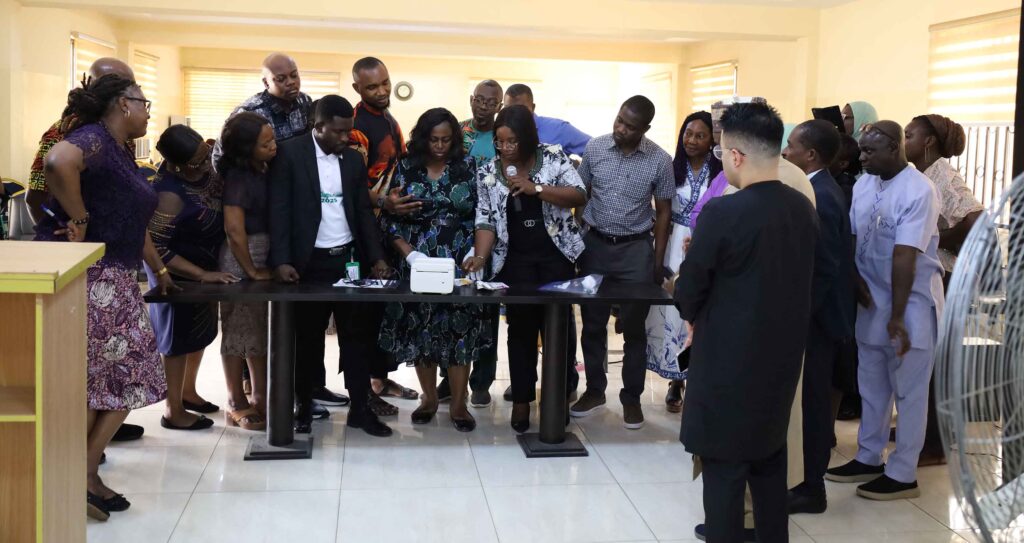
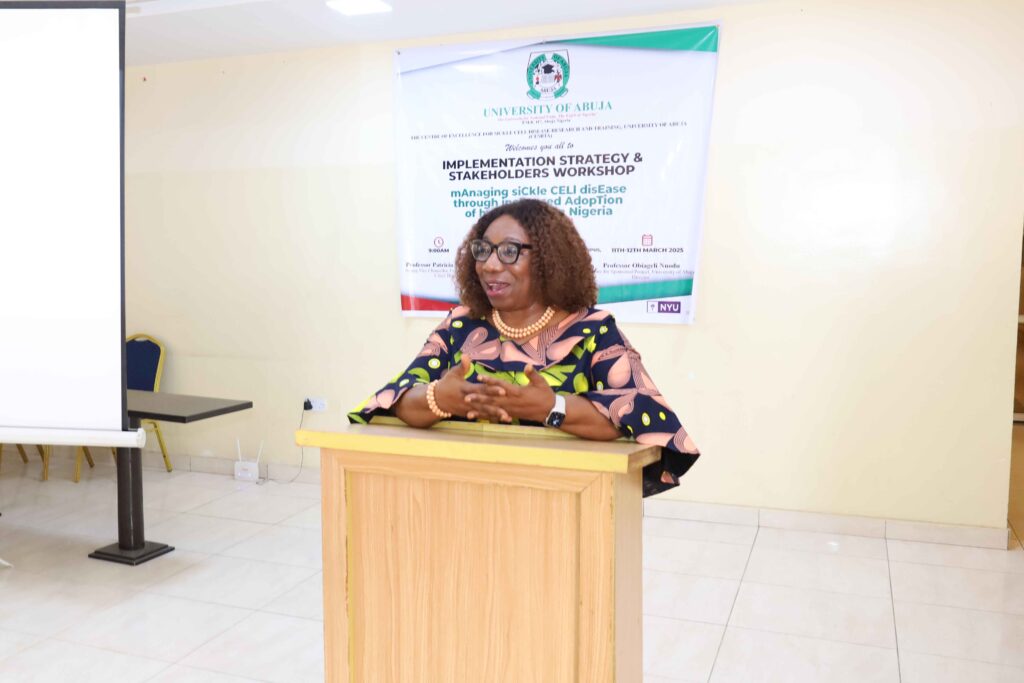
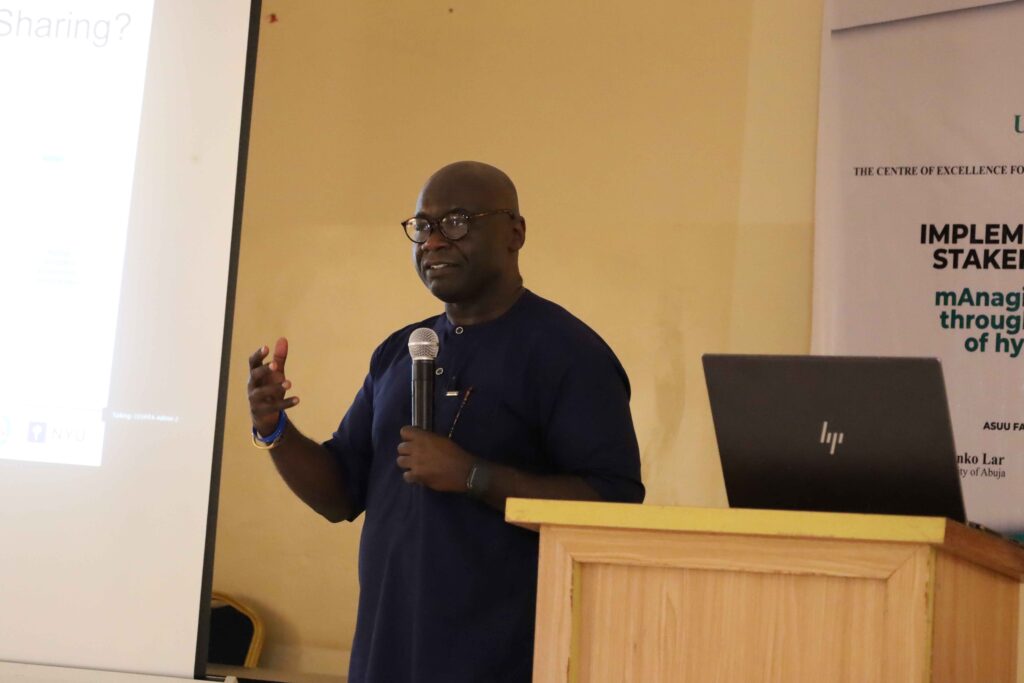
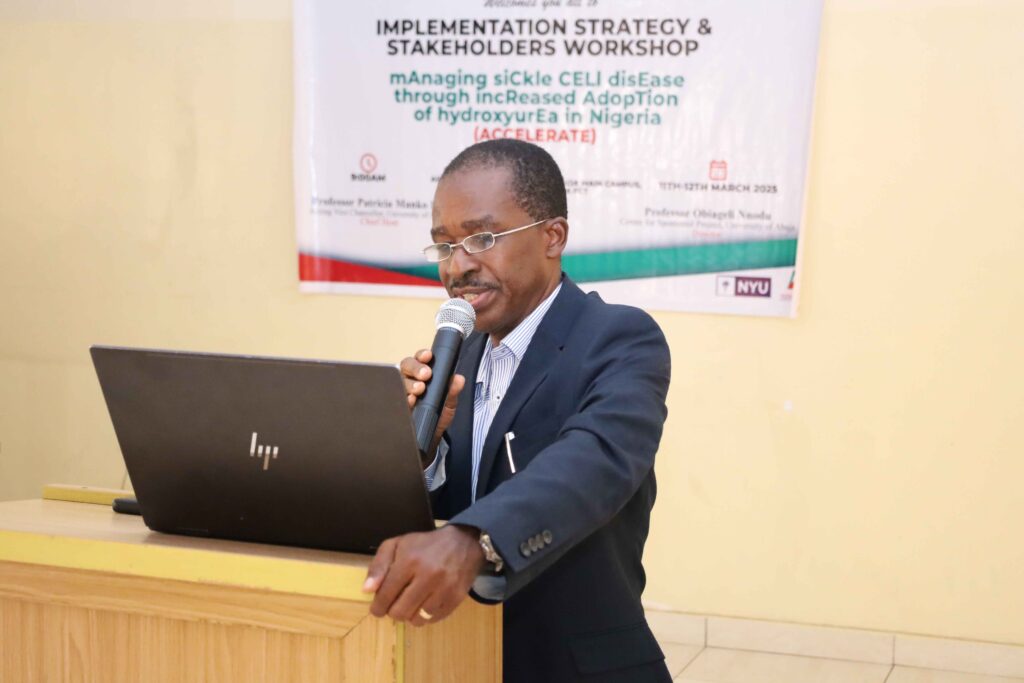
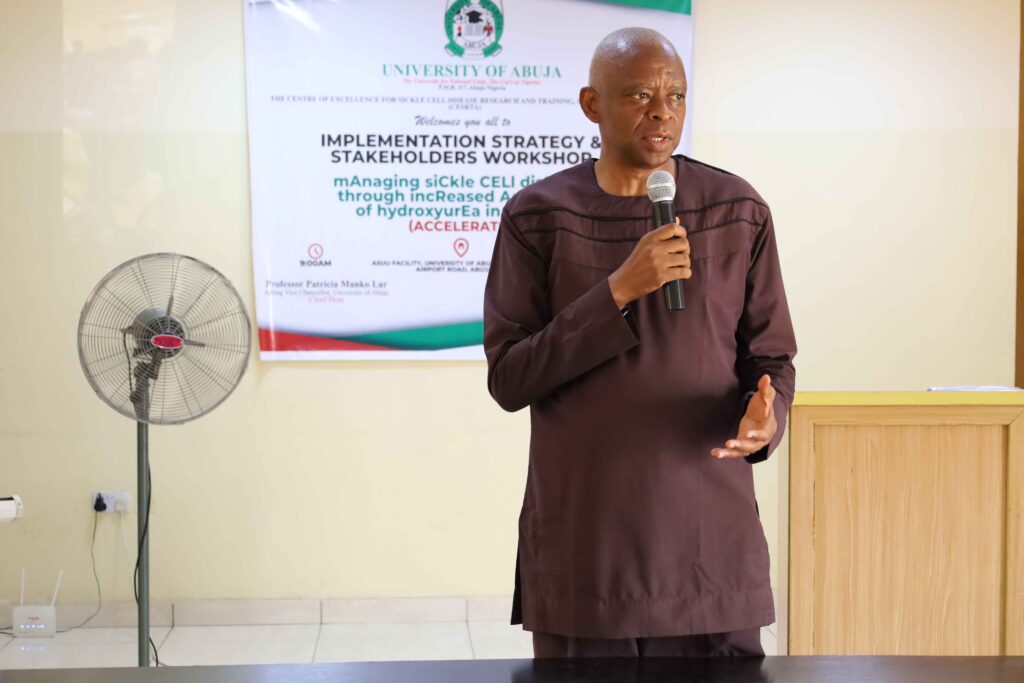
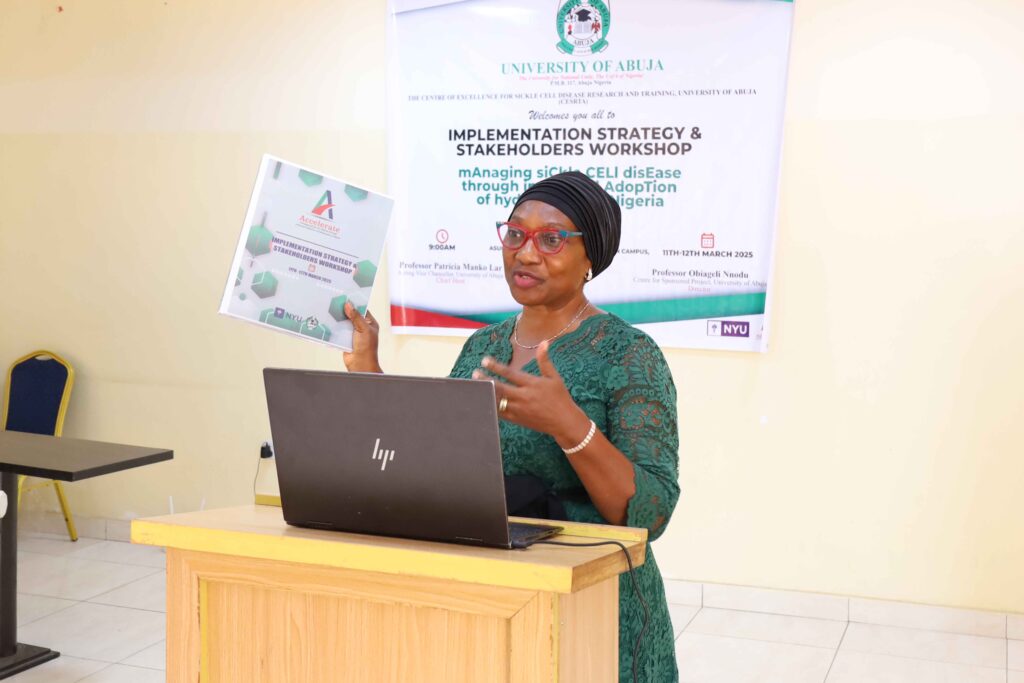
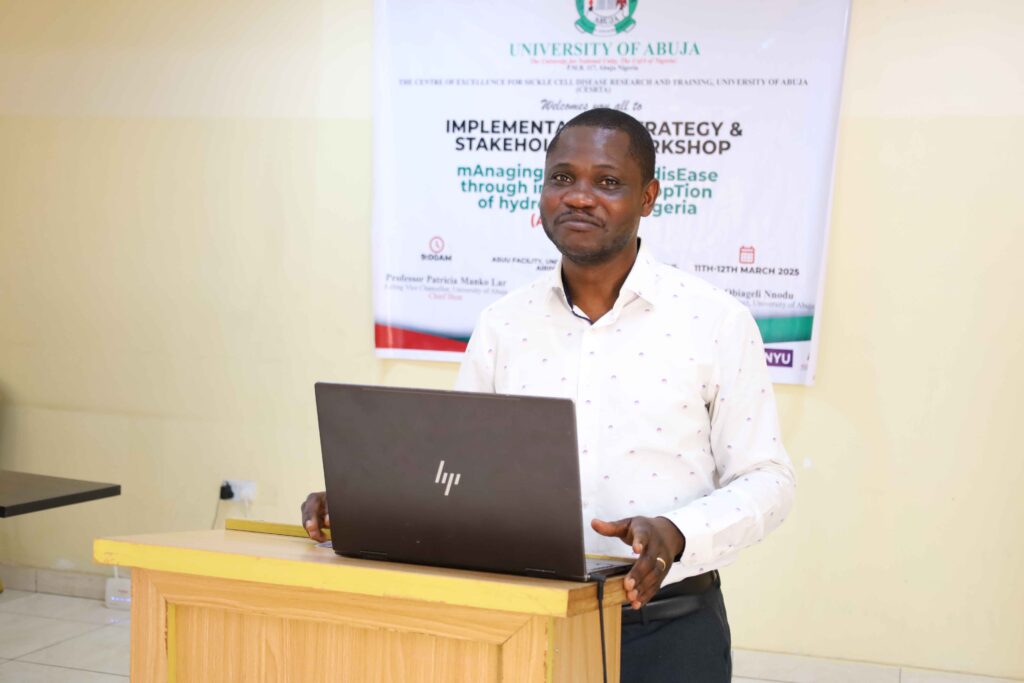
About us
Twitter Feeds
Copyright © 2024 CESRTA. All rights reserved.

